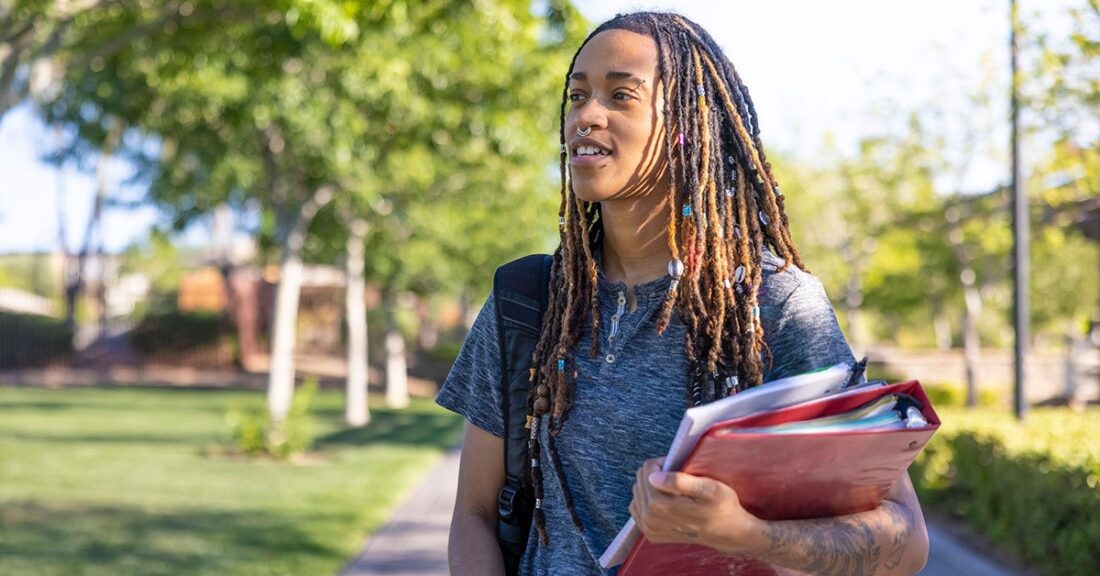Scholarship Program to Support College Dreams of Mississippi Youth in Foster Care

Paying for college and securing housing just got easier for young Mississippians with foster care experience.
Lawmakers have created a $1 million fund — called the State Rep. Bill Kinkade Fostering Access and Inspiring True Hope (FAITH) Scholarship Program — to help current and former foster youth pay for college tuition, fees, and room and board costs. The legislation also removes roadblocks for young people looking to rent an apartment after aging out of foster care.
Named for its primary author, who lived in a group home as a child, the Kinkade FAITH law takes effect in July 2022 with support for students slated to begin in fall 2023.
Easing the college housing challenge
Many students who exit foster care are too young to sign rental leases and contracts and face housing instability or even homelessness while in school.
“Mississippi’s legal age of majority is 21, but most of the state’s young people age out of foster care at 18,” explains Samantha Kalahar, director of Mississippi’s First Place for Youth, which is one of the Casey Foundation’s Jim Casey Youth Opportunities Initiative® sites. Absent cosigners or family to help with rental agreements, “former foster care youth are vulnerable to exploitation and living conditions that disrupt learning,” she says.
The new law offers two solutions:
- Scholarships will cover on-campus lodging during school breaks and holidays. This option would prevent students from scrambling to find a safe, temporary place to live several times a year.
- Young people who were in foster care may legally sign rental and utility contracts before they turn age 21. Property owners will be able to verify a renter’s eligibility through the state’s Department of Child Protective Services.
These solutions pave the way for “a lot more foster kids to feel like they can actually go to college and complete it,” according to Scentrellis Dixon, a Mississippi Youth Voice board member and Jim Casey Fellow.
Young leaders from the Mississippi Youth Voice board reflected on their foster care experience to advocate for housing and financial aid for their peers. By sharing their college aspirations and describing housing obstacles they faced, they won support among higher education experts, child welfare officials and state legislators.
Who’s eligible?
The program is open to undergraduates at Mississippi’s public and private nonprofit colleges, including community colleges. Applicants may still be in foster care or residential care, have been adopted or reunited with their family — or have already aged out of the system. In addition, they must be younger than 25 and have been in the state’s care on or after their 13th birthday.
By making satisfactory academic progress, awardees will be eligible to renew the scholarship for up to five years, as long as they begin the program before age 25. Participants will also work with mentors to navigate the rigors of college life and independent living.
Read how Casey is supporting college readiness for youth in foster care






